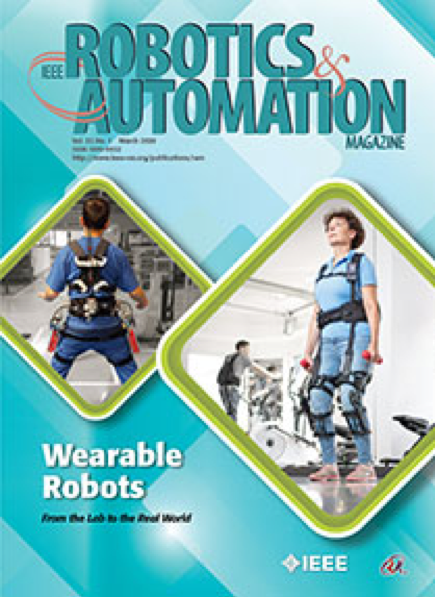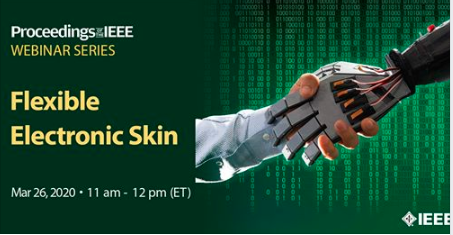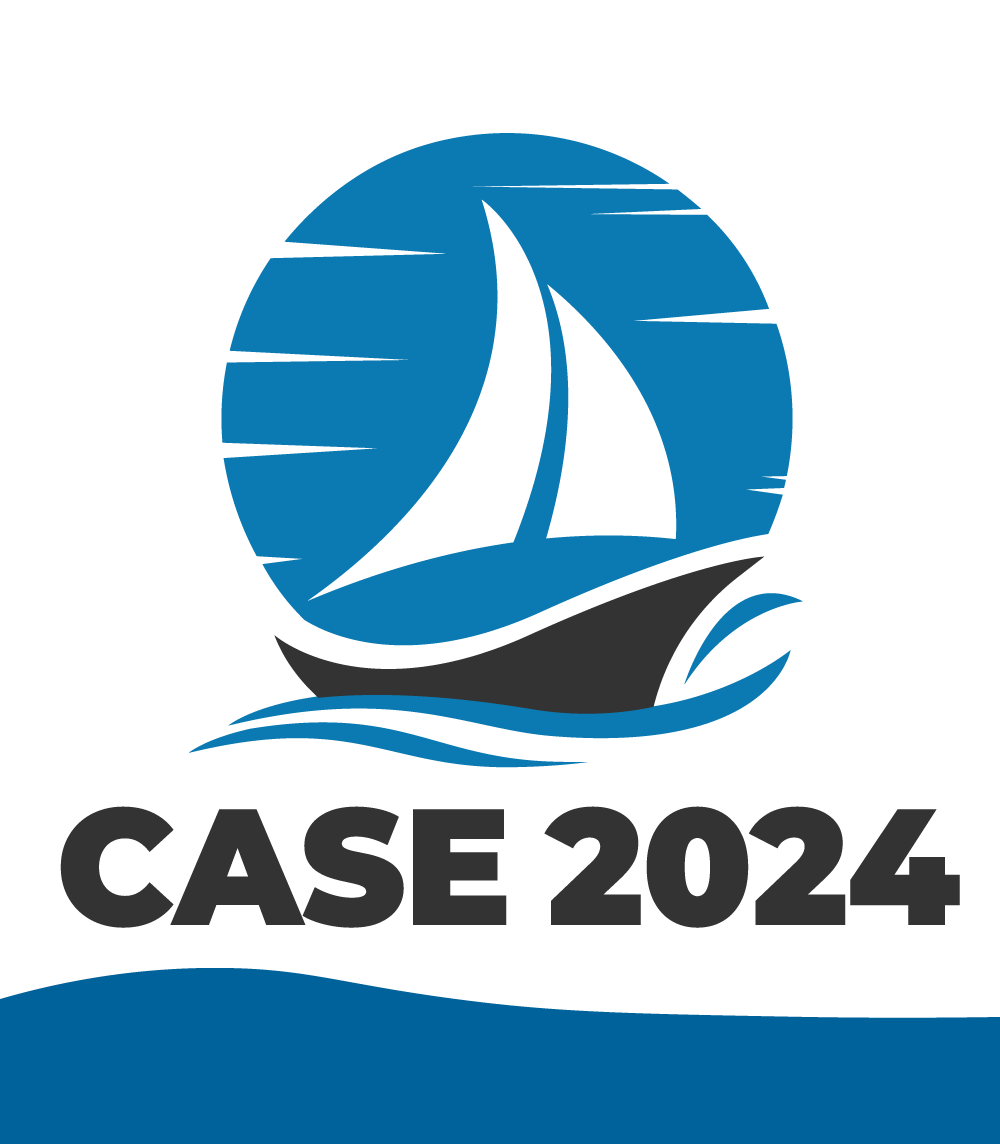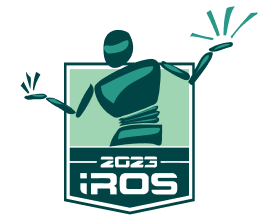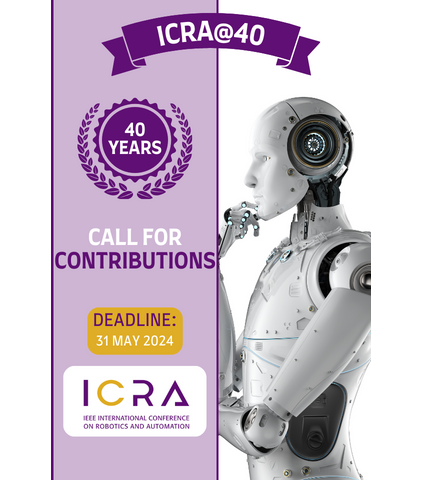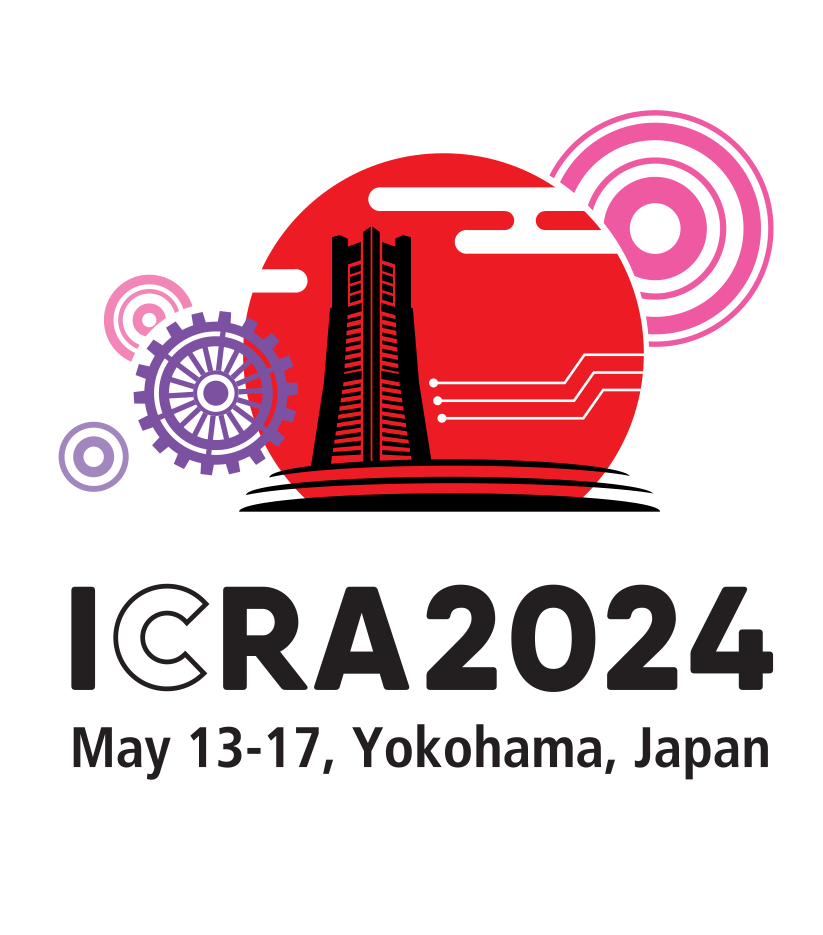Latest News
Motivation
Anticipation is a key ability for advanced autonomous systems, especially if they operate in densely crowded environments and alongside humans. Examples of tasks benefiting from predictive human motion models include robot task and motion planning, automated driving, physical human-robot collaboration, intelligent video surveillance. Foreseeing how a scene involving multiple agents evolves over time and incorporating predictions in a proactive manner allows for novel ways of planning, active perception, model predictive control, or human- robot interaction. The growth of community interest to the area in recent years is evident, in particular from the publication trends in regular paper sessions of the recent robotics conferences (ICRA, IROS, RSS and others). Furthermore, the area is recognized as a major component/research direction by several big players in the automotive industry.
The proposal of this Special Issue is motivated by the success of the first workshop on “Long-term Human Motion Prediction”, which took place at ICRA 2019 in Montreal, see https://motionpredictionicra2019.github.io/. The event has received a high number of attendees (more than 100), and the audience, including renowned experts in motion prediction, has shared their positive feedback to the quality of the talks and the submitted extended abstracts.
The special issue aims to collect the several contributions presented during the workshop and to further welcome possible submissions from the interested researchers by launching a call-for-papers.
We are happy to announce that IEEE Fellow and RAS Members Ravinder Dahiya and Gordon Cheng, will join their colleagues in a discussion about flexible electronic skin.
This webinar will provide an overview of various sub-topics of electronic skin discussed in the October 2019 Proceedings of the IEEE special issue, "Flexible Electronic Skin: From Humanoids to Humans." University of Glasgow’s Professor Ravinder Dahiya will open the webinar with an overview of electronics skin in robotics and as the "second skin" in wearable and health monitoring applications. University of Cambridge’s Professor Arokia Nathan will then discuss the flexible Ultralow Power Sensor Interfaces for eSkin. This will be followed by Technical University of Munich’s Professor Gordon Cheng’s discussion about the holistic engineering approach for artificial skin for robots and an example of a multi-modal skin cell showing multiple humanlike sensing modalities. The last discussion will by Nanyang Technological University’s Professor Joseph Chang who will present the co-design between the different chains of flexible electronics supply chain to derive practical flexible electronics and sensors for applications where the substrate is expected to bend. The presentations will be followed by Q&A with the panelists.
26 March 2020, 11 am - 12 pm (ET)
Register Today: http://bit.ly/2wraQJ6
New Robohub podcast by long time RAS Volunteer, and IEEE RA Technical Field Award recipient, Vijay Kumar.
University of Pennsylvania
interview by Lilly Clark
In this interview, Lilly interviews Vijay Kumar, Professor and Dean at the University of Pennsylvania. He discusses coordination, cooperation, and collaboration in multi-robot systems. He also explains where he draws inspiration from in his research, and why robotics has yet to meet science fiction.
Vijay Kumar

Vijay Kumar is the Nemirovsky Family Dean of Penn Engineering with appointments in the Departments of Mechanical Engineering and Applied Mechanics, Computer and Information Science, and Electrical and Systems Engineering at the University of Pennsylvania. Kumar’s group works on creating autonomous ground and aerial robots, designing bio-inspired algorithms for collective behaviors, and on robot swarms. They have won many best paper awards at conferences, and group alumni are leaders in teaching, research, business and entrepreneurship. Kumar is a fellow of ASME and IEEE and a member of the National Academy of Engineering.
Vijay Kumar has held many administrative positions in the School of Engineering and Applied Science, including director of the GRASP Laboratory, chair of Mechanical Engineering and Applied Mechanics, and the position of the Deputy Dean. He served as the assistant director of robotics and cyber physical systems at the White House Office of Science and Technology Policy.
https://robohub.org/coordination-cooperation-and-collaboration/
The IEEE Robotics and Automation Society membership will elect six new members of the Administrative Committee in 2020, each to serve a three-year term beginning 1 January 2021. The AdCom is the governing body of the Society.

RESPONSIBILITIES OF ADCOM MEMBERS
AdCom members must attend two formal meetings each year, one in conjunction with ICRA and the other usually in October/November in conjunction with another major conference. Each AdCom member is expected to serve on at least two boards and/or committees of the Society.
ELIGIBILITY
Any higher-grade member of the Society is eligible to serve and all higher-grade members plus graduate students may nominate candidates and vote.
TO NOMINATE A CANDIDATE
To nominate a candidate or offer yourself as a candidate, contact the Society at ras@ieee.org by 1 May 2020.
PETITION CANDIDATES
Candidates may also petition to be on the ballot. All persons who, by the deadline, submit petitions with valid signatures and IEEE member numbers with at least 2% of the year-end voting membership will be placed on the ballot. Only original signatures on paper or electronic signatures submitted through the RAS petition website will be accepted. Faxed or emailed signatures are NOT acceptable. Contact the Society at ras@ieee.org to obtain a paper petition form or to set up an electronic petition.
Completed petitions must be received by 1 May 2020 to be placed on the ballot.
SELECTION OF FINAL BALLOT
The Nominations Committee will consider all nominations and petitions and select the candidates to be placed on the ballot.
Call for Participation
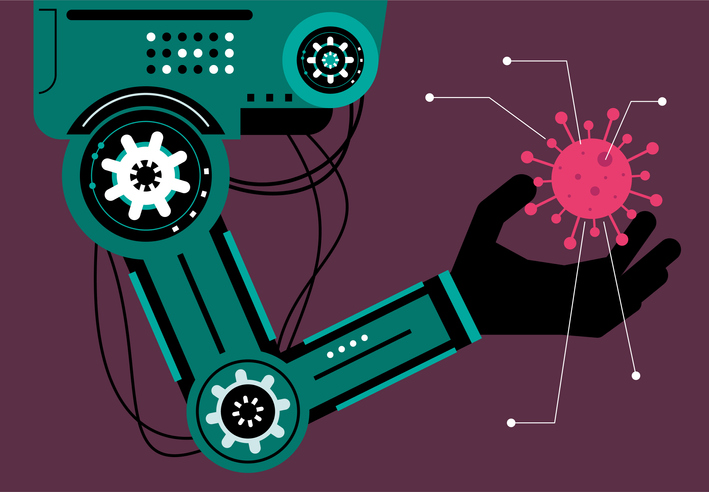
IEEE Spectrum is planning a series of articles on how robotics and related technologies can help to detect and fight the coronavirus (COVID-19). If you have experience working with robots, drones, or other autonomous systems designed for this kind of emergency, please contact IEEE Spectrum senior editor Erico Guizzo (e.guizzo@ieee.org). We are interested in hearing ideas and opinions on how robotics technologies could be used to fight the outbreak, as well as actual deployments of robots to hospitals and high risk areas.
The IEEE Robotics & Automation Society recognizes and congratulates the following individuals for their outstanding accomplishments and service to RAS and the robotics and automation community. They will be honored during an award luncheon to be held during the IEEE International Conference on Robotics & Automation (ICRA 2020) on 3 June 2020 at the Palais des Congrès de Paris, Montreal, Canada. Please join us in congratulating these outstanding recipients!
IEEE Fellow is a distinction reserved for select IEEE members. The honor is conferred by the Board of Directors upon a person with an extraordinary record of accomplishments in any of the IEEE fields of interest.
The tools to meeting your professional goals are at your fingertips – don’t let them slip away! Your IEEE Robotics & Automation Society (RAS) membership can help you achieve them, so renew today and retain access to the resources that will help you succeed! Act fast if you have not yet renewed – your account will be deactivated on 22 February 2020!
Congratulations and welcome to the following newly organised RAS Chapters:
Content
The 2020 IEEE International Conference on Automation Science and Engineering (CASE2020) is seeking proposals for Tutorials and Workshops, addressing current and future research and application topics that are relevant to the conference areas.
The IEEE P7008 Standards Working Group, sponsored by the IEEE Robotics and Automation Society, is seeking volunteers to bring additional perspectives and expertise into the creation of the IEEE P7008TM Standard for Ethically Driven Nudging for Robotic, Intelligent and Autonomous Systems. This standard will provide guidance for developers and ethicists involved in the design of autonomous, intelligent systems that seek to “nudge” humans; that is, influence choices made by humans through subtle means.
The IEEE/RSJ International Conference on Intelligent Robots and Systems (IROS2019) was held 4-8 November 2019 in Macau, China. Congratulations to the following Award Recipients - which were announced on 7 November during the Awards Luncheon.
Call for Papers has been extended to 1-March-2020.
The past few years have seen a significant increase of research activities focusing on the use of active or inherent material compliance in robotic systems, generally known as soft robotics.
HRI 2020 Half-Day Workshop, “Mental Models of Robots in Human-Robot Interaction” held in Cambridge, UK on 23 March 2020 is now offering two extended deadlines- One for applicants who want notification before the conference’s early registration deadline, and another for those who don’t.
Call For Abstracts- AGAINST-20
AGAINST robot dystopias: thinking through the ethical, legal and societal issues of robotics and automation (AGAINST-20)
Recommended letter of intent: 28 February 2020
Submission deadline: 30 April 2020
This focused section aims at presenting the latest research advances and the future trends in the development of human-centered based approaches for controlling wearable robots for motion assistance and rehabilitation.
Special Issue on Emerging Paradigms for Robotic Manipulation: from the Lab to the Productive World
Soft Robotics With Gursel Alici

In this episode, we are delighted to have prof. Gursel Alici, the Soft Robotics Theme Leader and a Senior Professor at the University of Wollongong. Prof.Gursel shares with us his profound and rich expertise over twenty years along with reflecting his thoughts about the field.
You can listen to the episode on the following platforms:
*SoundCloud:*https://
*iTunes:*http://apple.co/
*Google Podcast:*http://tiny.cc/vslsdz
*Spotify:*http://tiny.cc/
More than 220 Local and Regional Chapters of the IEEE Robotics and Automation Society are active around the world. Among other activities, local RAS chapters sponsor or cosponsor minisymposia, student competitions, and continuing education workshops. Local RAS chapters also provide valuable professional contacts, especially for engineers who may have few co-workers who are robotics or automation professionals.
Congratulations and welcome to the following newly organized IEEE Robotics and Automation Society Chapters:
Region 3
USA
- Miami Dade College Robotics and Automation Society Student Branch Chapter in the Miami Section
Region 8
Greece
- National Technical University of Athens (NTUA) Robotics and Automation Society Student Branch Chapter in the Greece Section
- Cankaya University Robotics and Automation Society Student Branch Chapter in the Turkey Section
Region 9
Brazil
- Sao Carlos Escola De Eng Robotics and Automation Society Student Branch Chapter in the South Brazil Section
Colombia
- Universidad del Magdalena Robotics and Automation Society, Sensors Council, and Systems Council Student Branch Chapter in the Colombian Caribbean Section
El Salvador
- Centroamericana Univ Jose Simeon Canas Robotics and Automation Society Student Branch Chapter in the El Salvador Section
Mexico
- Universidad Tecnologica de Campeche Robotics and Automation Society Student Branch Chapter in the Mexico Section
- Universidad Privada del Norte-Lima Norte Robotics and Automation Society Student Branch Chapter in the Peru Section
Region 10
India- Indian Institute Of Technology Jammu Robotics and Automation Society Student Branch Chapter in the Delhi Section
- Maharaja Institute of Technology, Mysore Robotics and Automation Society Student Branch Chapter in the Bangalore Section
Pakistan
- Mehran University of Engineering & Technology - Khairpur Robotics and Automation Society Student Branch Chapter in the Karachi Section


